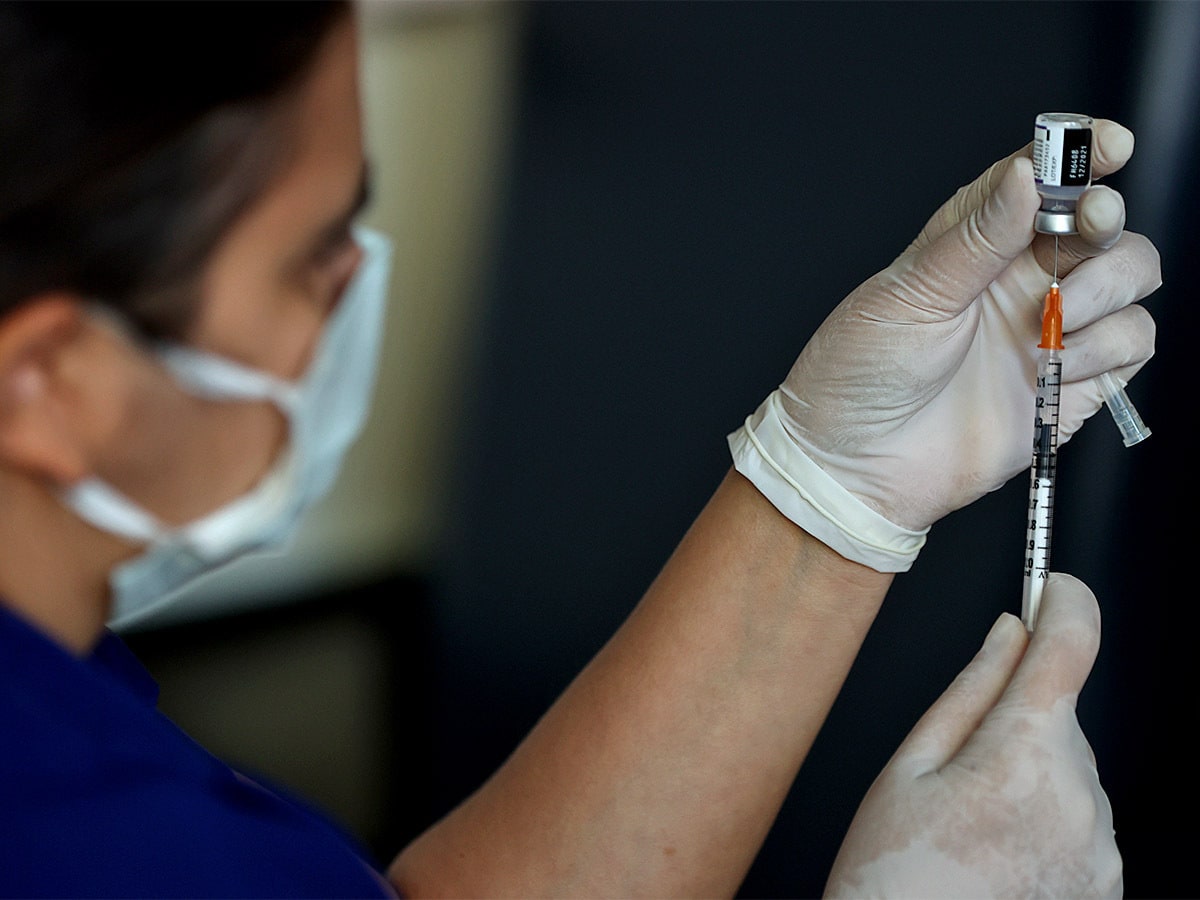Moderna’s share price took a hit when rival Pfizer announced optimistic figures for its portfolio of vaccine products. However, positive data from trials of Moderna’s cancer treatment collaboration with Merck led it to sharply rebound the following day.
- Pfizer vaccine projections cause slump in Moderna share price
- Moderna cancer trial data causes immediate rebound
- ETFMG Treatments Testing and Advancements ETF gains 10% in trailing 6 months
Pfizer’s [PFE] release of positive vaccine data sent rival Moderna’s [MRNA] share price down 6.9% on 12 December. But the next day, Moderna published encouraging data from its cancer treatment trials in collaboration with Merck [MRK], leading its share price to bounce back 19.6% on 13 December. It closed on 16 December 23.9% down year-to-date. By comparison, Pfizer’s share price was 10.1% down for the year.
Pfizer’s release estimated its vaccine portfolio, including its flagship Comirnaty Covid-19 vaccine, would be worth $10bn to $15bn by 2030. The portfolio includes a combined Covid-19 and flu vaccine as well as a shingles vaccine currently in pre-clinical stages of development.
Moderna’s partnership with Merck involves pairing its own experimental cancer vaccine with Merck’s immunotherapy drug Keytruda, a standard treatment for high-risk melanoma. A phase 2 trial of 157 previous melanoma patients found that those given Moderna’s vaccine alongside Keytruda had a 44% lower risk of death or recurrence than those given Keytruda alone.
Biotech firms look beyond Covid-19 vaccines
Biotech stocks that boomed during the pandemic have lost their stride during 2022, after the glut of global demand for Covid-19 vaccines waned. Moderna posted an earnings miss on 3 November, with revenues down 32% and EPS down 67% year-over-year. Pfizer, meanwhile, had a more positive Q3 with EPS gaining 40% despite declining revenues.
Moderna in particular is feeling the pressure of maintaining momentum in the face of declining Covid-19 vaccine demand, with weak demand forecasts for its bivalent boosters going into 2023.
It is crucial, therefore, that Moderna diversifies its offering beyond Covid vaccines and boosters, and the data from the Merck collaboration appears to demonstrate its potential to do so. However, most drugs that succeed in phase 2 trials fail in larger phase 3 trials, according to data from the University of Michigan. SVB Securities analyst Daina Graybosch said in a note that, while the results exceeded her expectations, she advised caution until more detailed results have been published.
R&D spending set to increase
As part of a six-year collaboration between Moderna and Merck, the approach of using personalised mRNA vaccines that teach the patient’s body how to fight their individual cancer will also be tested against other forms of cancer. “We believe that this should work in many tumour types, not only melanoma,” said Moderna’s CEO Stéphane Bancel.
This may pose challenges, however. Brad Loncar, biotech analyst and the investor who manages the Loncar Cancer Immunotherapy ETF [CNCR], told Business Insider that skin cancer is a “low-hanging fruit” when it comes to cancer treatments.
In the aftermath of the Covid-19 pandemic, during which investors poured record levels of capital into biotechnology companies, the entire industry is seeking the most effective way to deploy its windfall.
This is driving R&D spend. A report from Citeline suggested there were 8.22% more drugs in development stages at the start of 2022 than there were 12 months prior. More recently, a report from Research and Markets suggested that increased R&D spend is driving a projected compound annual growth rate (CAGR) of 9.7% in the global clinical trial supplies market between 2022–2027, which will see the market reach $5.7bn by that time. Oncology is the largest growth driver among the therapeutic segment of this market.
Funds in focus: ETFMG Treatments Testing and Advancements ETF
The Loncar Cancer Immunotherapy ETF doesn’t hold Moderna, though it does hold Merck with a 3.93% weighting as of 15 December. As of 16 December, CNCR had fallen 38.9% through 2022.
For exposure to Moderna, Pfizer and Merck, investors can select the ETFMG Treatments Testing and Advancements ETF [GERM]. As of 16 December, Moderna is GERM’s top holding with a 9.00% weighting. Pfizer and Merck comprise 0.83% and 0.90% of the fund, respectively.
GERM fell 35.5% in the year to 16 December, although this (as for many biotech stocks) was driven largely by steep falls at the start of the year as demand for Covid-19 vaccines dropped off. Over the past six months, the fund has gained 10%.
According to Refinitiv, 15 analysts have a median 12-month price target of $209.00 for Moderna, representing an expected increase of 8.1%. Twenty-one analysts covering Pfizer came to a median price target of $54.00, a 5.1% upside from its recent closing price.
Continue reading for FREE
- Includes free newsletter updates, unsubscribe anytime. Privacy policy





